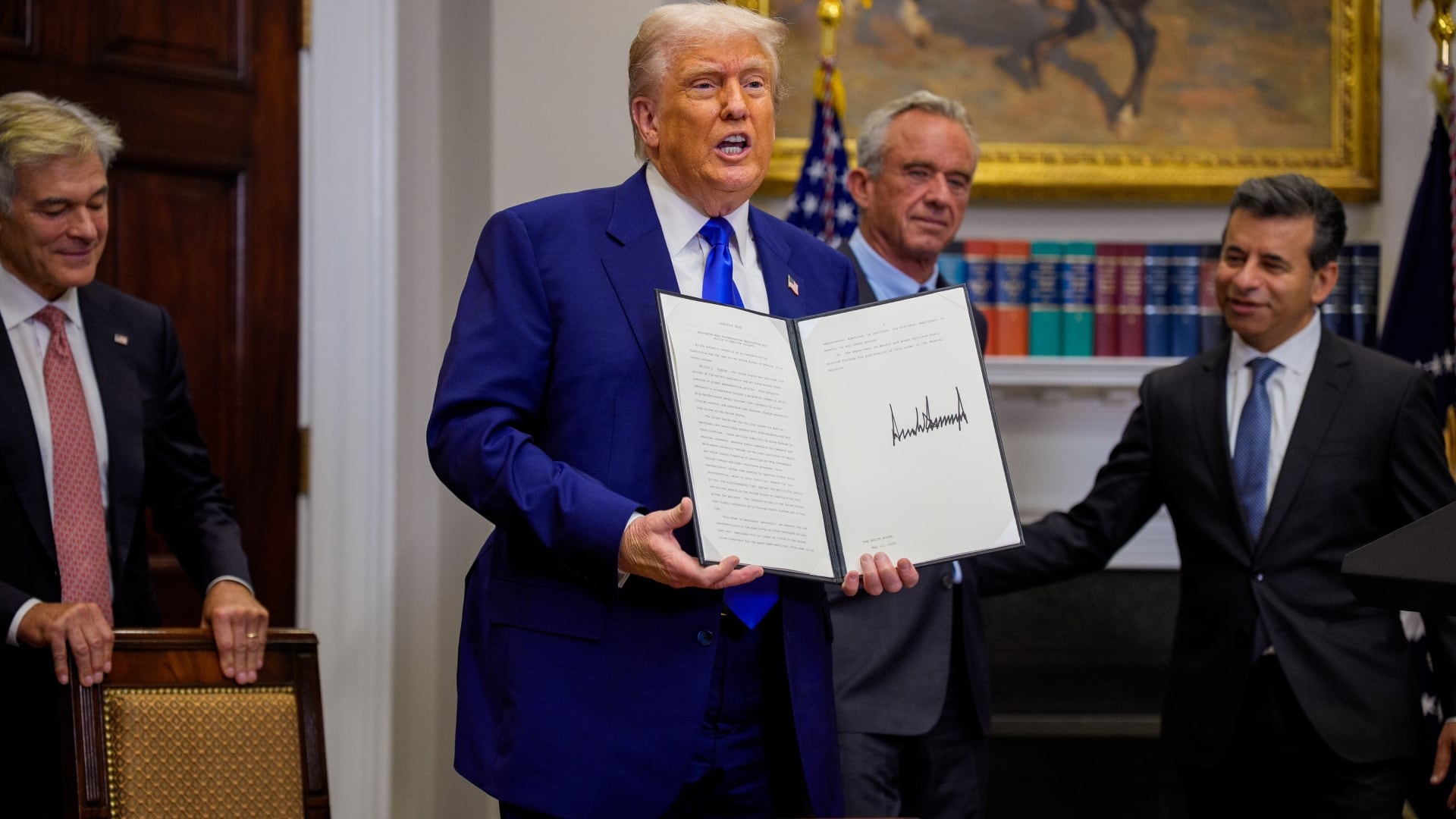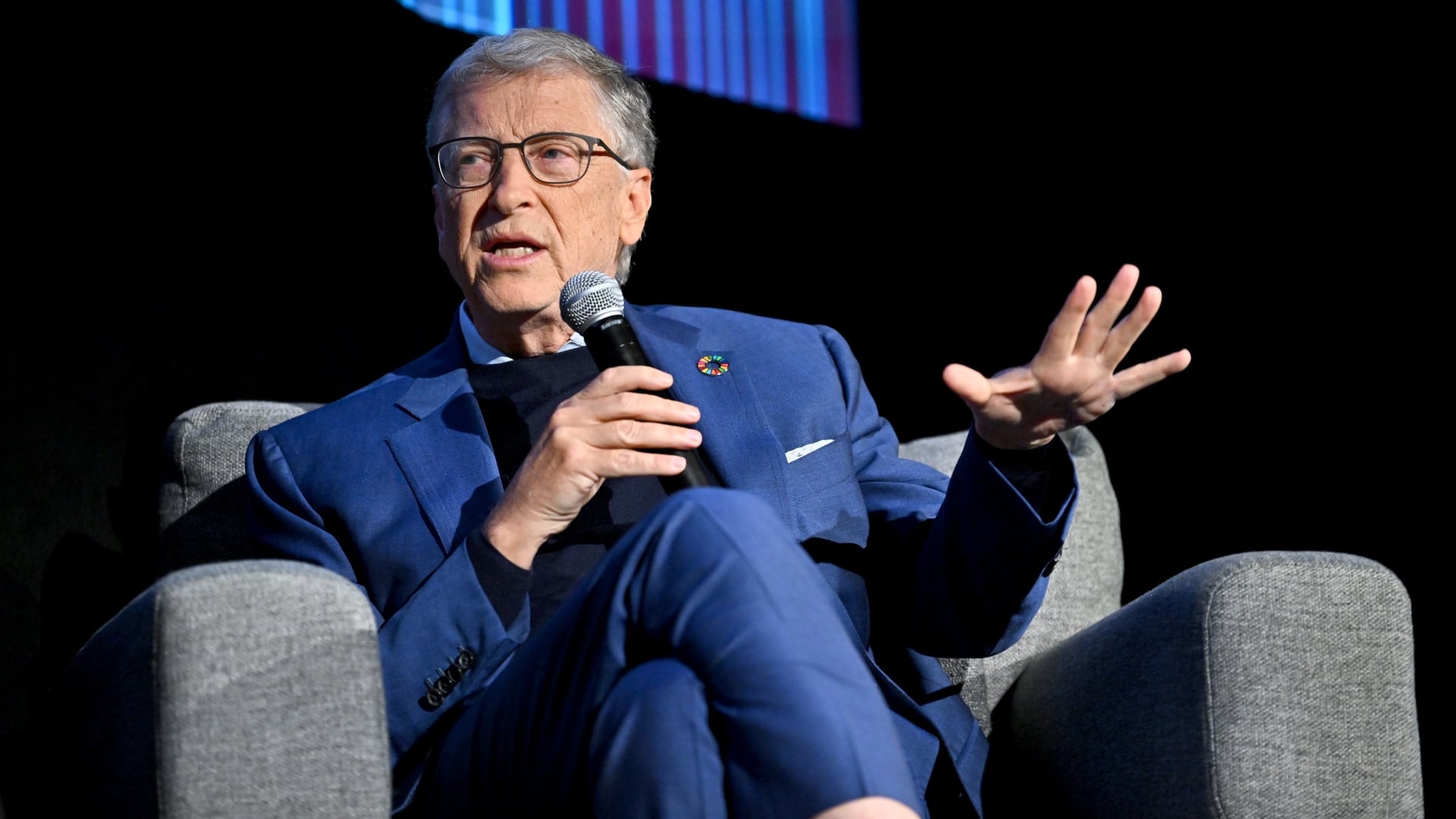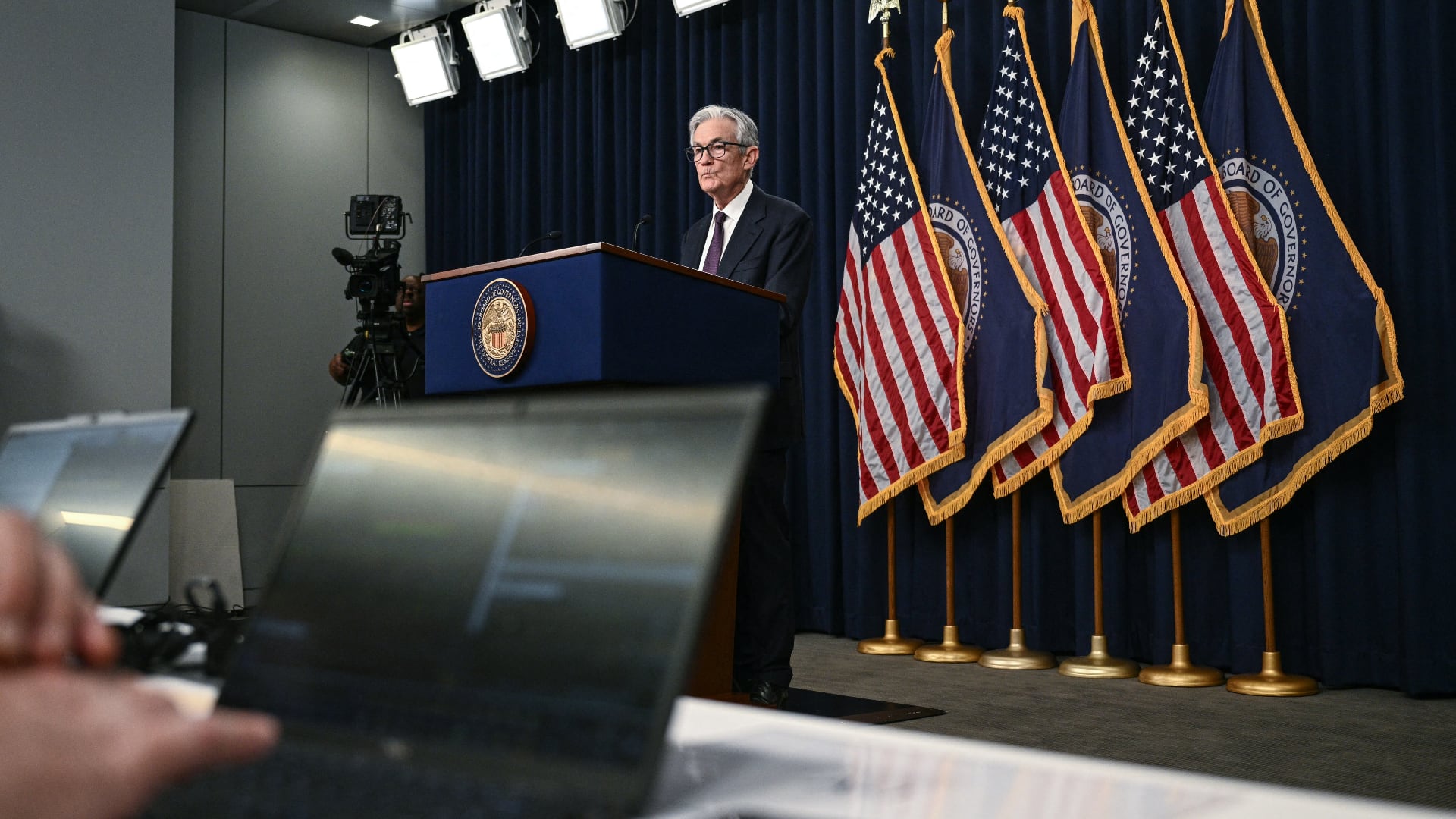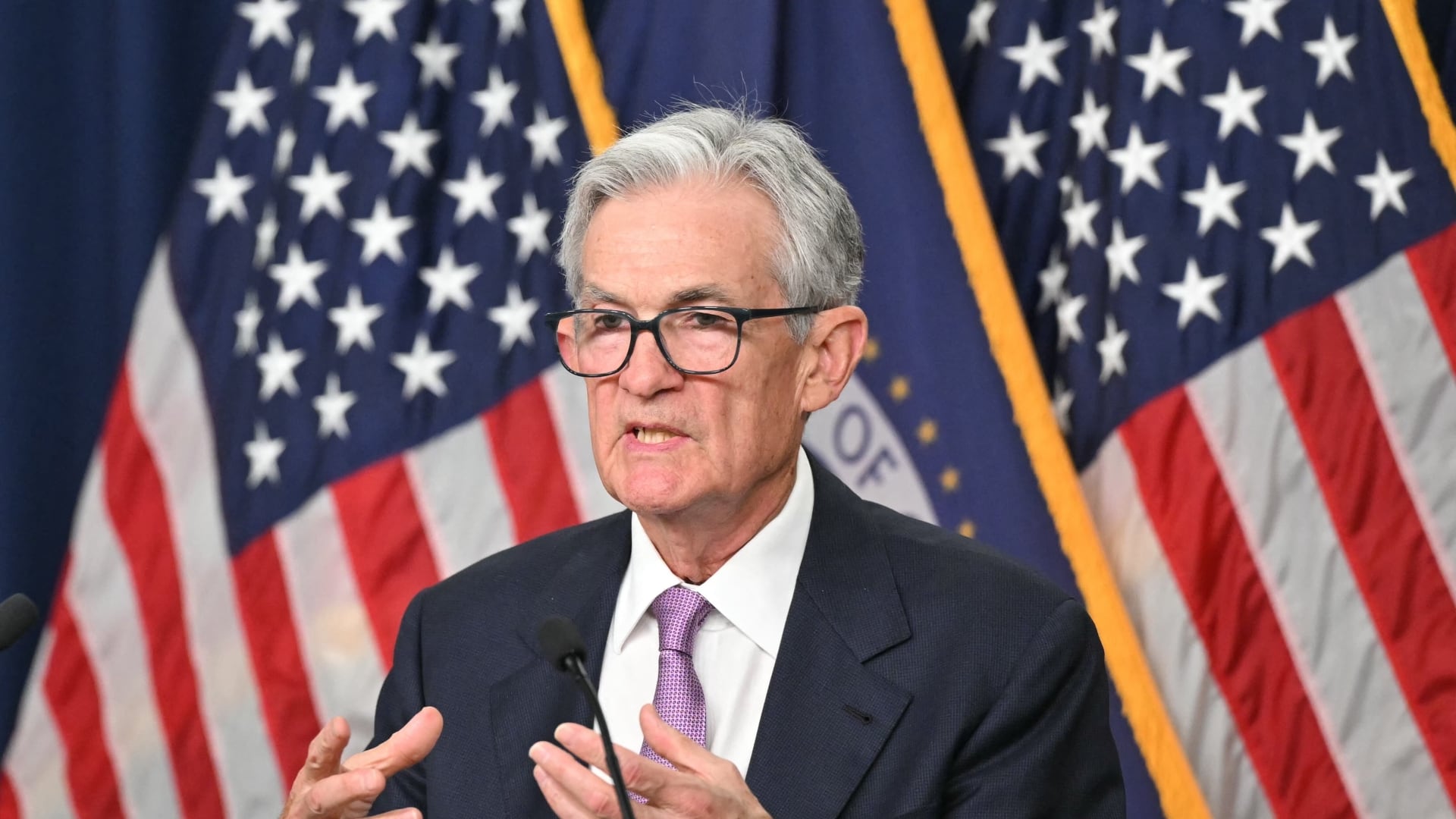By Christopher Rugaber
The Federal Reserve is reviewing the ethics policies that govern the financial holdings and activities of its senior officials in the wake of recent disclosures that two regional Fed presidents engaged in extensive trading last year.
Robert Kaplan, president of the Dallas Federal Reserve Bank, in 2020 traded millions of dollars of stock in companies such as Apple, Amazon, and Google, while Eric Rosengren, president of the Boston Fed, traded in stocks and real estate investment trusts, according to financial disclosure forms. Both pledged last week to divest those holdings after they were reported by The Wall Street Journal.
Comments made by Fed regional presidents can move markets and they have a hand in the Fed's interest rate policies. Such high-placed officials often have exclusive access to discussions about upcoming policy shifts that could benefit or be detrimental to some economic sectors, though they are prohibited from trading on that knowledge and are unable to trade in the period leading up to Fed meetings.
Both Kaplan and Rosengren said last week that their trades were permitted under the Fed's ethics rules. But they also said they would sell their holdings the end of this month and place the money in index funds, which track a wide range of securities, or in cash.
Still, the trades occurred last year when the Fed took extraordinary steps to buoy the U.S. economy and stabilize financial markets during the pandemic. The central bank cut its short-term benchmark interest rate to zero in March 2020 and has since purchased trillions of dollars in Treasury securities and mortgage-backed bonds to hold down longer-term interest rates.
One impact of those policies has been to make stocks a more attractive investment relative to bonds, which provide very little return when interest rates are low. The Fed has come under criticism for worsening wealth inequality by pushing up the value of stock portfolios.
The Fed's purchase of mortgage-backed bonds, which are issued by mortgage buyers such as Fannie Mae and Freddie Mac, has been criticized by some other regional bank presidents for contributing to the run-up in home prices in the past year. One investment that Rosengren made was in real estate investment trust Annaly Capital Management, which also purchased those same securities.
In a prepared statement Thursday, the Fed said that Chair Jerome Powell late last week requested a "fresh and comprehensive look at the ethics rules around permissible financial holdings and activities by senior Fed officials.”
The statement came after letters were sent Wednesday by Sen. Elizabeth Warren, a Democrat from Massachusetts, to all 12 regional Fed banks, urging that they ban the ownership of stocks by senior officials.
“The controversy over asset trading by high-level Fed personnel highlights why it is necessary to ban ownership and trading of individual stocks by senior officials who are supposed to serve the public interest,” Warren's letter said. Warren has introduced legislation that would bar stock ownership by members of Congress, Cabinet Secretaries, and other high-ranking officials.
Under the Fed’s complex structure, the 12 regional banks are chartered as private organizations but are overseen by the Federal Reserve’s board in Washington, known as the Board of Governors. The regional banks have their own codes of conduct, though they are largely identical to the rules that govern the Fed's board.
The Board of Governors follows the same rules on investing and trading as other government agencies, but also follows additional rules “that are stricter than those that apply to Congress and other agencies,” the Fed said Thursday.
Fed officials, for example, cannot invest in banks, many of which are supervised by the Fed. They are also prohibited from making trades during a roughly 10-day period before each Fed meeting, and are not supposed to hold a security for less than 30 days.
Kaplan worked for 23 years at Goldman Sachs before joining Harvard Business School in 2006. He then became president of the Dallas Fed in September 2015. The government's disclosure forms allow officials to provide their holdings in ranges, so the precise values aren't available. But at the end of 2020, Kaplan owned at least $1 million worth of 24 different stocks and funds, including Apple, Chinese ecommerce firm Alibaba, Boeing, Chevron, Facebook, and Johnson & Johnson. He also owned a stake in the Kansas City Royals baseball team worth at least $1 million.
Rosengren started working at the Boston Fed as an economist in the research department in 1985, and has been president since 2007. His holdings at the end of last year were much smaller than Kaplan's but include shares of Chevron, Pfizer, Phillips 66, and several real estate investment trusts.












